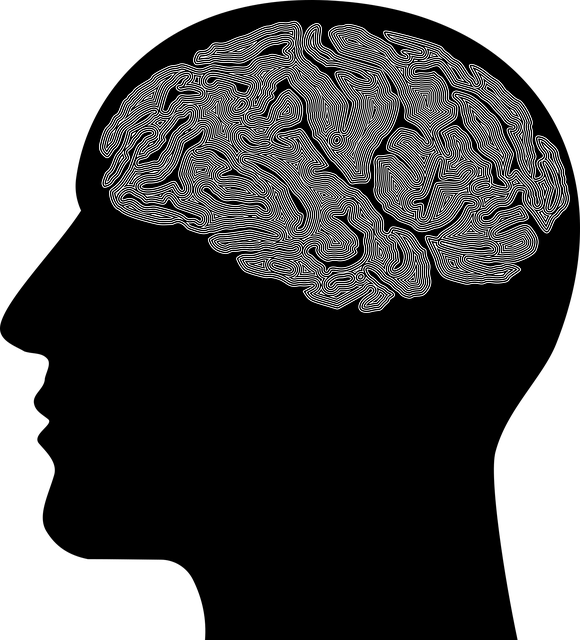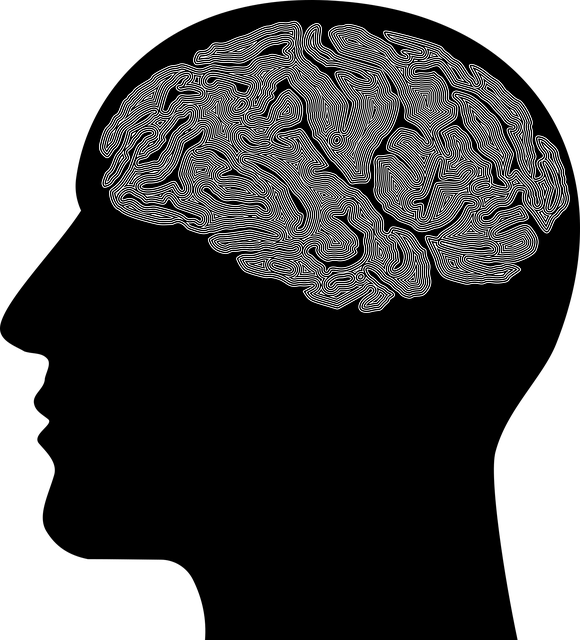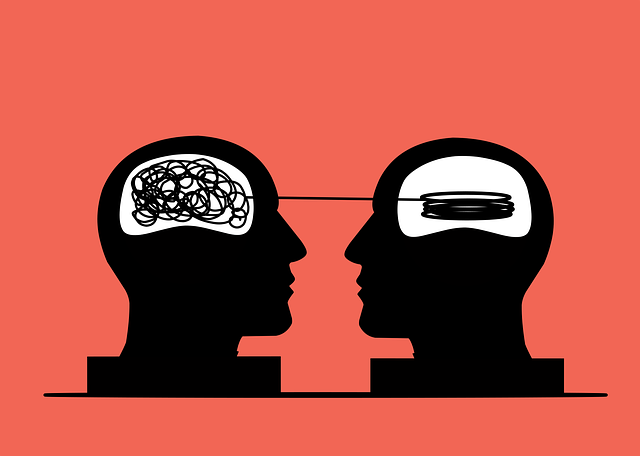Chronic stress negatively impacts mental and physical health, leading to conditions like anxiety and depression. Westminster Depression Therapy offers comprehensive solutions, including cognitive-behavioral therapy (CBT), mindfulness practices, exercise, and sleep habits to manage stress effectively. Their tailored approaches, considering cultural sensitivity, foster resilience and improve overall well-being through effective coping strategies and holistic mental health care.
Stress reduction is an essential aspect of maintaining optimal well-being. In today’s fast-paced world, understanding and managing stress effectively has become more critical than ever. This comprehensive guide explores various methods to alleviate stress, focusing on lifestyle modifications, therapeutic interventions, cognitive strategies, and relaxation techniques. From Westminster Depression Therapy to holistic practices, discover practical ways to navigate life’s challenges with resilience and find moments of tranquility.
- Understanding Stress and Its Impact on Well-being
- Lifestyle Changes for Effective Stress Reduction
- The Role of Therapy in Managing Chronic Stress
- Cognitive Techniques to Overcome Stressful Thoughts
- Exploring Relaxation Practices for a Calm Mind
Understanding Stress and Its Impact on Well-being

Stress is a natural response to various life challenges, but when it becomes chronic, it can significantly impact our overall well-being. It affects both our mental and physical health, leading to increased anxiety, depression, and even cardiovascular issues. Understanding the causes of stress is the first step towards managing it effectively. This involves identifying triggers, such as work pressure or personal relationships, which can be addressed through tailored strategies.
In today’s fast-paced world, where Mental Health Policy Analysis and Advocacy plays a crucial role, recognizing the signs of stress is essential. Simple techniques like deep breathing exercises, mindfulness meditation, and regular physical activity can go a long way in managing mood and promoting overall mental health. Moreover, participating in Stress Management Workshops Organization can equip individuals with valuable tools for coping, fostering a sense of control and improving their ability to navigate stressful situations.
Lifestyle Changes for Effective Stress Reduction

Adopting a healthier lifestyle is a powerful tool in the battle against stress and its detrimental effects on both mind and body. Simple yet effective changes can significantly impact one’s overall mental wellness, making it an essential aspect of any stress reduction strategy. For instance, regular physical activity has been proven to release endorphins, nature’s natural mood elevators, which can alleviate tension and foster a sense of calm. This could be as simple as taking a daily walk in nature or engaging in a yoga practice designed to reduce stress.
Additionally, prioritizing sleep is a crucial component of self-care. Adequate rest allows the mind and body to recover from stressful events, enhancing resilience. Westminster Depression Therapy highlights the importance of consistent sleep patterns and recommends establishing a relaxing bedtime routine. Other lifestyle considerations include mindfulness practices such as meditation or deep breathing exercises, which have been shown to reduce stress hormones and promote mental clarity. Integrating these techniques into daily life can be a game-changer in managing stress, preventing burnout (especially among healthcare providers), and fostering a positive relationship with one’s mental wellness.
The Role of Therapy in Managing Chronic Stress

Chronic stress can have profound effects on both mental and physical health, making it a serious concern for many individuals. This is where therapy plays a pivotal role in managing and mitigating its impact. Professional therapists in Westminster Depression Therapy are trained to help clients identify and change unhelpful thought patterns and behaviors that contribute to prolonged stress. Through various therapeutic approaches, such as cognitive-behavioral therapy (CBT) or mindfulness-based interventions, individuals can learn effective coping strategies to navigate stressful situations.
In addition to direct stress management techniques, therapists also conduct comprehensive risk assessments for mental health professionals, ensuring a tailored approach that addresses unique challenges. This includes considering cultural sensitivity in mental healthcare practice, as different backgrounds and experiences may influence how an individual perceives and copes with stress. By incorporating depression prevention strategies and addressing underlying issues, therapy provides a holistic solution to chronic stress, fostering resilience and enhancing overall well-being.
Cognitive Techniques to Overcome Stressful Thoughts

Stressful thoughts can often be overwhelming and detrimental to our mental wellness. Cognitive techniques offer a powerful tool to overcome these challenges. By identifying and challenging negative thought patterns, individuals can gain a new perspective and reduce stress levels significantly. For instance, cognitive-behavioral therapy (CBT), available through Westminster Depression Therapy, teaches individuals to recognize and replace distorted thoughts with more realistic and positive ones. This process empowers people to manage their emotions effectively and foster mental resilience.
Journaling and exercise are two practical methods that complement these cognitive techniques. Mental Wellness Journaling allows individuals to express and reflect on their feelings, while Exercise Guidance provides structured activities to release built-up tension. Incorporating these practices into daily routines can offer profound stress reduction benefits, leading to improved overall mental health. Additionally, Mental Health Education Programs Design can empower individuals with the knowledge to recognize triggers and implement effective coping strategies.
Exploring Relaxation Practices for a Calm Mind

In today’s fast-paced world, finding moments of tranquility and relaxation is essential for maintaining mental wellness. Westminster Depression Therapy offers a range of practices designed to help individuals discover inner peace. Exploring these techniques can be transformative, allowing one to navigate life’s challenges with a calmer mindset. One such practice is mindfulness meditation, which encourages staying present and observing thoughts without judgment. This simple yet powerful tool has been shown to reduce stress and enhance overall well-being.
Additionally, social skills training and empathy building strategies play a significant role in relaxation practices. Developing strong interpersonal connections and fostering understanding can create a supportive network, reducing feelings of isolation and promoting emotional balance. Mental wellness coaching programs further cater to individuals seeking personalized guidance. These programs aim to equip participants with practical tools and techniques to manage stress effectively, ultimately leading to improved mental health outcomes.
In light of the above discussions, it’s clear that stress reduction is a multifaceted journey. By understanding the impact of stress on well-being, adopting lifestyle changes, exploring therapy options like Westminster Depression Therapy, and mastering cognitive techniques, individuals can effectively navigate and overcome stressful situations. Incorporating relaxation practices into daily routines can significantly contribute to achieving a calm mind and enhanced overall health. Remember that managing stress is not a one-size-fits-all process; personalized approaches tailored to individual needs are key to sustainable well-being.














